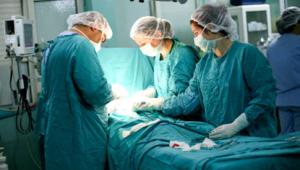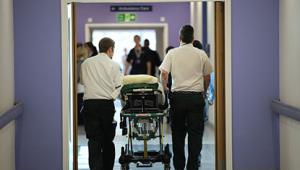Hospitals around the country could carry out 280,000 more non-emergency operations a year by improving operating theatre schedules better, the research found.
The study said the lost two hours would not be fixed by asking surgeons to work harder, but by planning more effectively and reducing delays and early finishes.
NHS Improvement told PF the full study is expected to be published next week, although no publication date has been announced. It confirmed the BBC’s report on the findings.
The watchdog’s analysis looked at 2016 data relating to theatres in 100 NHS trusts in England.
A total of 1.64 million routine surgical procedures, which are considered non-emergency, were carried out last year. These include eye, ear, nose and throat operations and orthopaedic procedures.
Richard Kerr of the Royal College of Surgeons told the BBC: “I think the NHS can always be more efficient and I think people have worked very hard to try to make it more efficient, but I don’t think those savings are going to resolve the ever-increasing demand that is being put on the health service.”
It found in just 20 acute NHS trusts in three months last winter, theatres and surgical teams sat idle for over 11,500 hours when surgeries were supposed to be taking place – but were instead cancelled or delayed.
It also suggested somewhere between £193-413m could be being lost every year as a result of the impact of shortages on planned surgeries alone.











